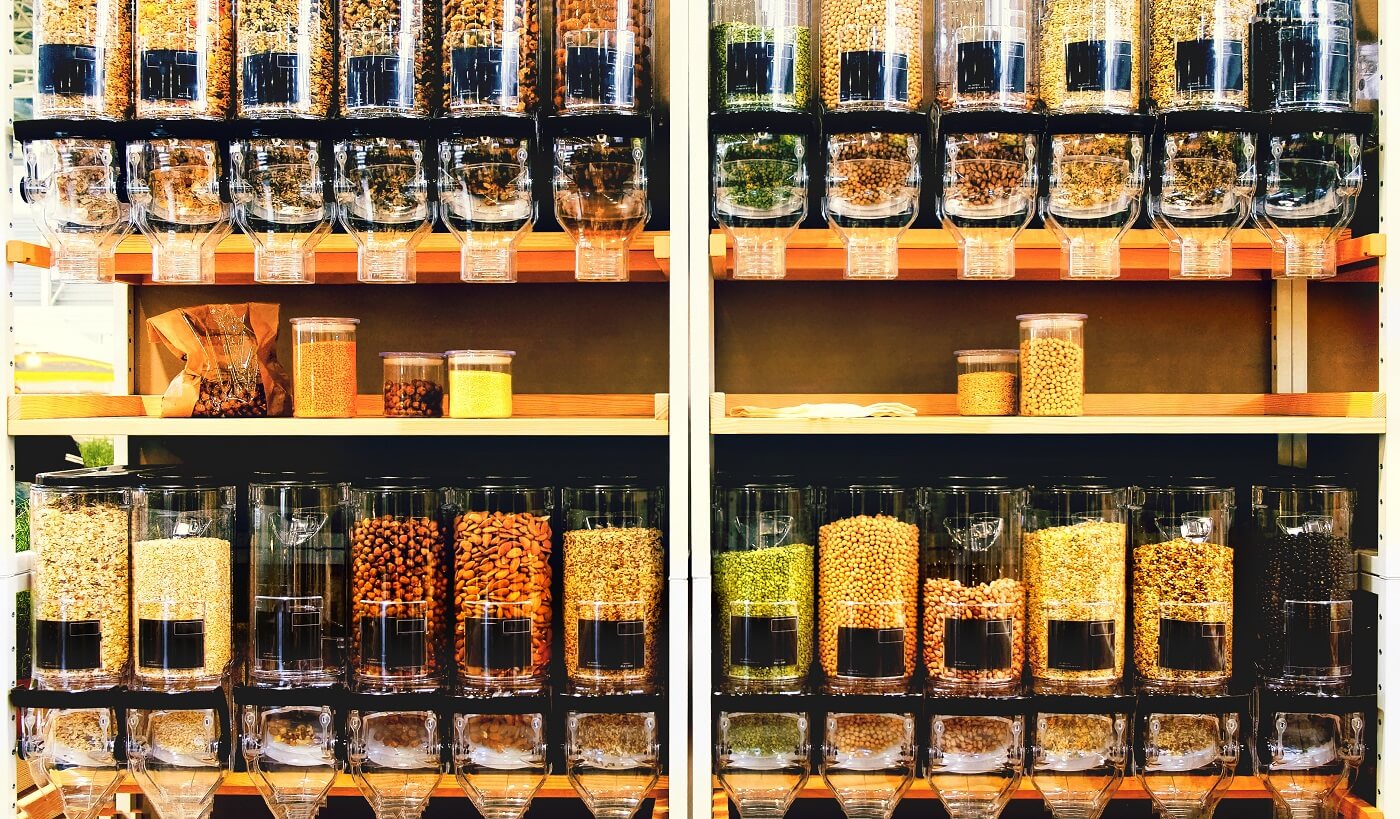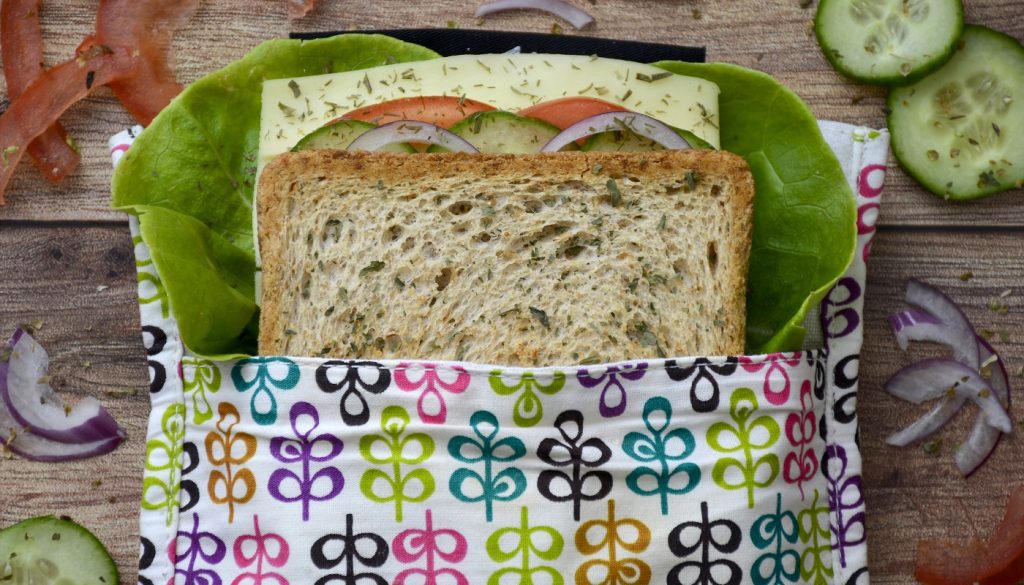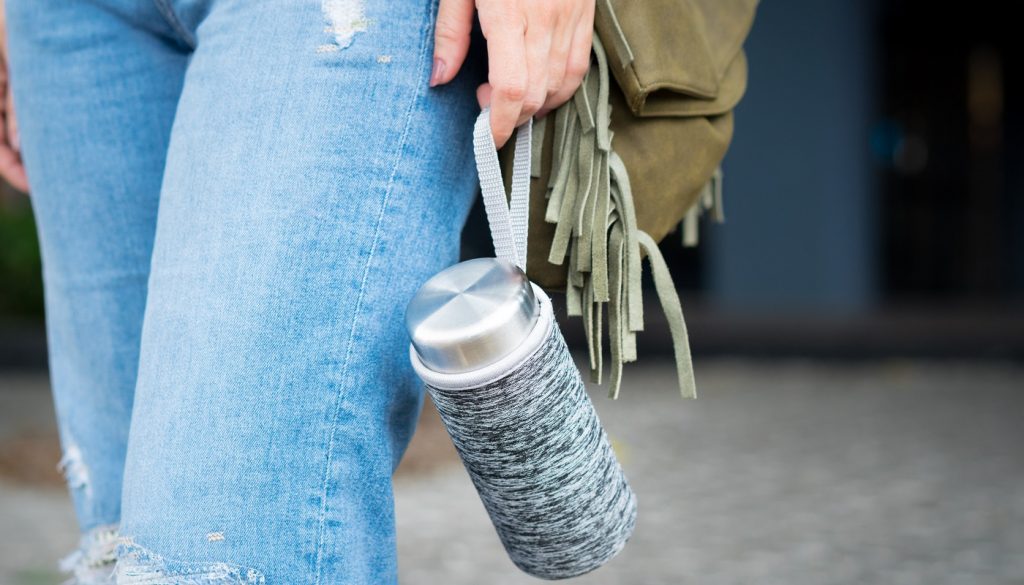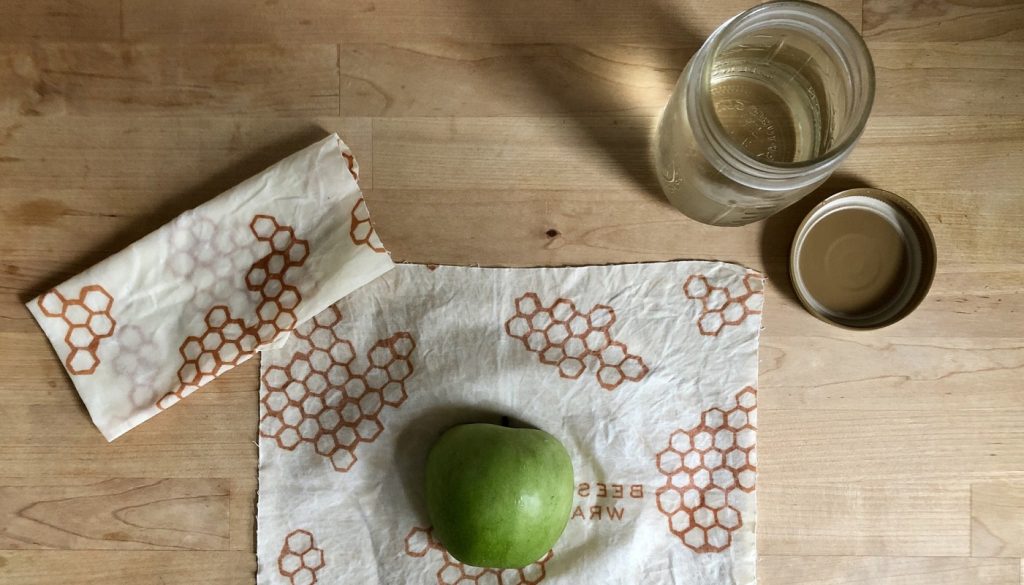Are you thinking about converting to a zero-waste lifestyle but don’t know where to start? Well, let’s start by changing your grocery shopping habits and adapting some plastic-free ones.
You may be thinking that living zero waste is quite difficult, and once you start, how will you continue with it. Well, there’s no need to worry. In fact, there are plenty of ways to incorporate zero waste practices into your life. It doesn’t require you to give up on convenience and comfort entirely.
Our in-depth guide will help you understand zero-waste grocery shopping and how to incorporate it swiftly into your routine.
What is zero waste grocery shopping?
To rock it at zero waste cooking, you need to start with zero waste grocery shopping.
Zero waste shopping means making a few changes in your shopping routine.
You might have heard terms like reduce, reuse, recycle and rot (compost). The term zero waste comes from a philosophy that aims to eliminate our footprint on the earth and leave behind no waste—except for what will biodegrade in 100 years or less. This means cutting off plastic and buying items from zero-waste stores with bulk bins without excessive plastic packaging.
In her book, “Zero Waste Home” the leading voice of zero waste shopping, Bea Johnson, has given some really helpful advice to practice zero waste shopping in the best way, which includes:
- Practice organization and plan your trip to the store beforehand to avoid forgetting your reusable stuff at home.
- If you like making spontaneous shopping trips, then consider keeping a shopping kit that contains everything from reusable bags to glass jars and more in your car.
- Avoid impulse buying during grocery store trips.
How to produce less waste when grocery shopping
You can help the environment by reducing the amount of plastic you buy and throw away. Learning how to grocery shop without purchasing products with plastics, and finding better alternatives, can help create less waste during grocery shopping.
By avoiding buying plastic-wrapped stuff during grocery shopping, you can reduce your trash output by up to 80%! That’s a lot of plastic that won’t end up in landfills and oceans, and it’s something we can all be proud of.
This beginner’s guide will walk you through all the steps on how to accomplish zero waste grocery shopping so that you can go from a single-use consumer to zero waste shopper in no time!
1. Make a meal plan
Having a weekly meal plan not only reduces food wastage but also helps you take control of your grocery shopping list. Knowing what’s in your fridge and having specific zero waste recipes in mind will make grocery shopping quick and efficient.
Moreover, it will help you buy fewer items on impulse that will likely end up in your trashcan. It also pushes you to get creative with leftovers, preventing unnecessary food consumption and money spent on last-minute takeout.
2. Bring your reusable items
The easiest way to produce zero waste while grocery shopping is to avoid disposable plastic bags. To do so, you can either bring your own reusable bags, which can be either tote bags, mesh bags, or cotton bags. You can also purchase a set of bag dispensers that will allow you to reuse your paper bags multiple times. Most stores carry reusable produce bags, too.
Don’t forget reusable containers such as glass jars, tins, resealable containers (for leftovers), and coffee mugs for on-the-go coffee runs. Reusable items are essential to keeping things clean and saving both space and money in terms of cleaning supplies!
3. Buy produce without plastic wrap
Buying from your local farmers is preferable, as the produce is fresher and tastes better. But if there are no local farmers available in your area, you’re willing to put in a little more effort for this cause. Consider growing your fruits and vegetables in your backyard.
However, if gardening is not something of your interest, it is better to do a little research before your next grocery shopping. Find places that sell products without any packaging. Once you have a few go-to spots, you can buy your grocery easily without worrying about the waste.
4. Buy in bulk
If you want to be a zero waster, don’t be afraid of buying in bulk. Anything with a longer shelf life, like grains, spices, pasta, etc., is perfect to buy in bulk.
Remember to bring your glass jars and metal containers to the store whenever you go for bulk buying for securely storing all these items. Most bulk buying stores offer to weigh your reusable containers before you fill them and then subtract the total weight from the weight of the container.
You can also buy fresh products like fruits and vegetables in bulk, but only if you plan to freeze them to avoid rotting. This might cost you a little more money upfront, but this will help you in your zero waste journey.
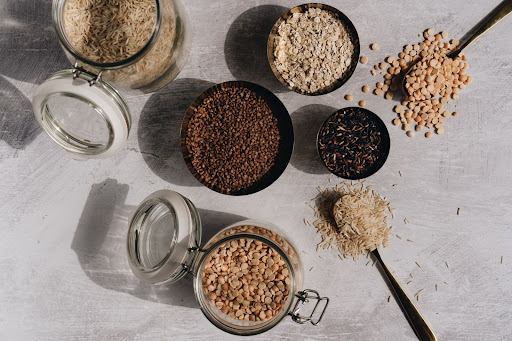
5. Re-use plastic containers
While grocery shopping, you are bound to encounter a few items in plastic containers. The only thing you can do with plastic jars and containers after you finish using them is recycle them and keep them out of landfills.
However, if your local recycling program does not accept these kinds of plastics, here’s what you would need to do. You need to use those jars for a long time before throwing them away; make sure they get cleaned thoroughly after each use and are air-dried overnight so that bacteria do not grow inside them.
6. Shop at zero waste stores
Finding a store that supports zero waste practices and shopping there can be extremely easy. Zero-waste stores are the best places for zero-waste shopping as they have reusable containers and have bulk bins filled with fruits, vegetables, nuts, etc.
If you can’t find a zero waste store near you, try shopping from an online zero waste store. You can find dry goods as well as re-usable bags and cooking items to help lower your waste from traditional grocery stores.
Quick summary
You can easily start implementing these basic steps in your life today and be a step ahead in your goal of a zero-waste lifestyle. It may seem like a lot to remember when starting, but it’s all worth it in the end. The steps we have discussed here are the most essential for a zero-waste grocery experience. To recap:
- Make a meal plan
- Bring your reusable bags
- Buy produce without plastic wrap
- Buy in bulk
- Re-use plastic containers
- Shop at zero waste stores
So, are you ready to take on this challenge and embrace the change?
